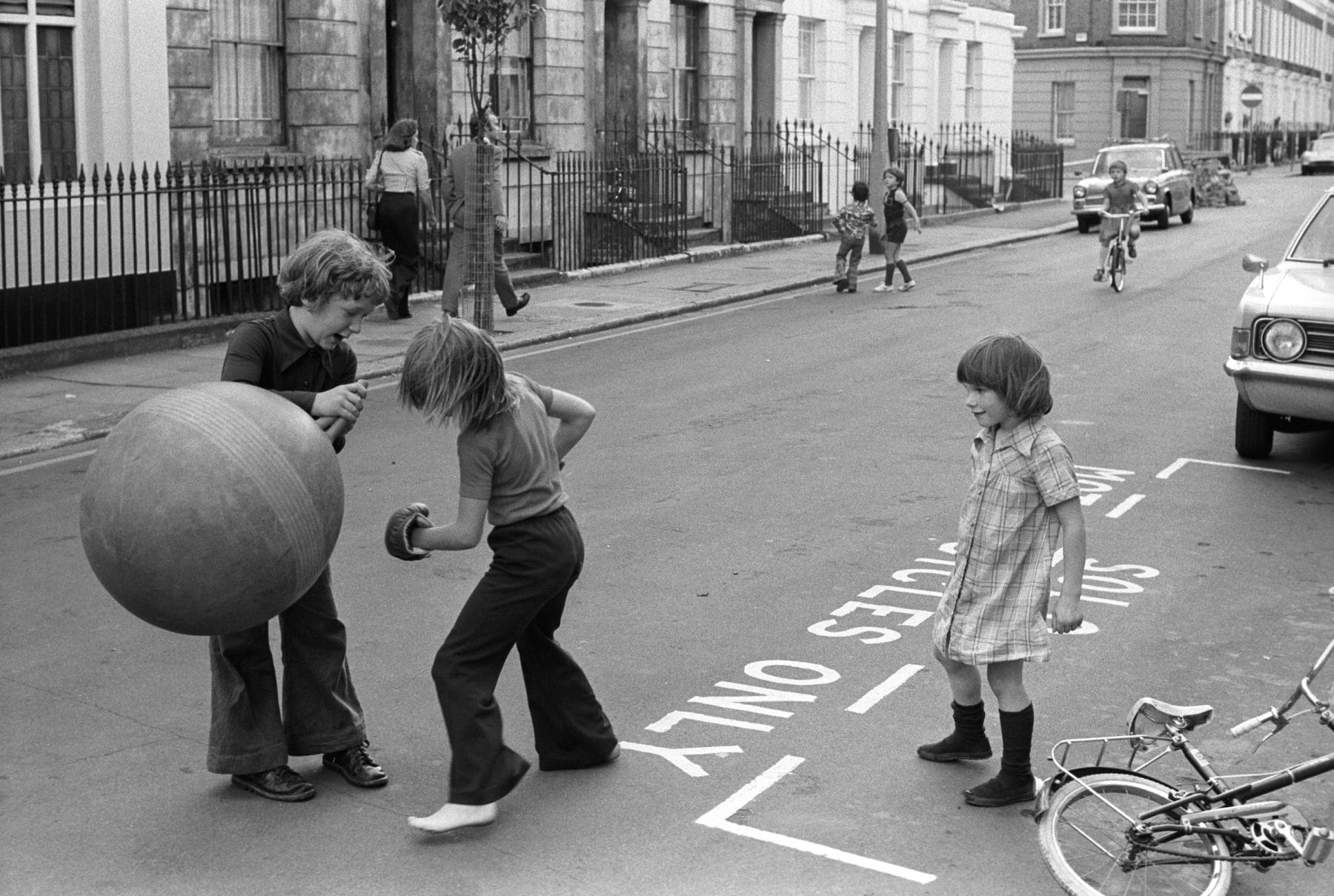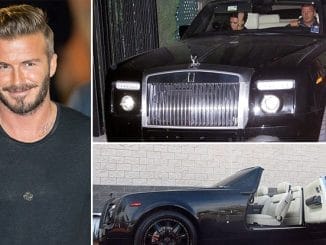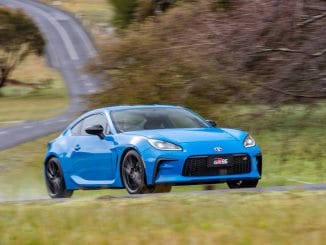Hello and welcome to Overdrive, a program that looks at the latest trends in motoring and transport for serious and not so serious issues.
News
- Cooped-Up Children Need Car-Free Play Streets, Say Experts (1:26)
- UK Car Insurer Admiral Announces Customer Refunds And Support For Key Workers (2:22)
- Electric Car Sales In Europe Might Suffer Virus Damage After All (3:22)
- Ventilator from old car parts? Afghan girls pursue prototype (4:22)
- New drivers in old computer simulated cars (5:19)
Interviews
- We hear from an artist who does very detailed pictures of cars but has to hold the brush in his mouth as he is a quadriplegic (6:15)
- Rob Fraser and I discuss Toyota’s anachronistic hero car (16:04)
Quirky News
- And Brian Smith is back with a quirky story about fast food as a weapon against bus drivers (21:55)
Playing on the street?

Mandatory lockdowns can help avoid a potentially fatal disease, but we must look at ways to keep active, especially for children.
The UN Committee on the Rights of the Child is concerned about the effects of the COVID-9 pandemic on the physical, emotional and psychological well-being of children, especially with lockdowns. They’ve called for creative solutions to give children a chance to be able to play and to be involved in lively activities.
One suggestion from an outside group is to let children play on local streets where possible and in a managed way. It is certainly not all streets, and it’s not an all-or-nothing approach.
For some time now, one street in inner Sydney closes the road for a cricket game every Sunday for just a few hours. A more expansive use of the street space could be a desirable outcome.
Should you get a refund on your insurance
 Sometimes insurance companies do what people expect of them. With COVID-19 is this good business and/or good corporate citizenship?
Sometimes insurance companies do what people expect of them. With COVID-19 is this good business and/or good corporate citizenship?
In a clever move, the UK general insurance company Admiral is refunding all current vehicle policyholders the equivalent of nearly $50 Australian because the Coronavirus lockdown has reduced trips and crashes.
The company insures about 4.4 million cars and vans and the total amount given back will be 216 million Australian dollars. The refund is the same for every policyholder, even if you’ve had a crash in that year.
Such a move seems obvious, but insurance companies know that no one can be made to pay more retrospectively if there is a sudden increase in crashes. One hopes that those who get a refund will hesitate to complain if their travel insurance goes up.
COVID-19 and electric vehicle sales
 COVID-19, is creating different business environments. So will electric vehicle sales prosper or struggle?
COVID-19, is creating different business environments. So will electric vehicle sales prosper or struggle?
The current reduction of vehicles on the road has produced some incredibly good local environmental conditions. This may enhance the push for electric cars. When we get back to normal that it may not help the sales of EVs in the short term, especially with the price of petrol going down.
Automotive Market Analyst Group Matthias Schmidt revised its forecast for EVs in Western Europe for 2020 from 650000 to 625,000 vehicles, which would still be a significant increase over 2019.
The situation is made harder for manufacturers because the EU has targets for the percentage of cars sold that produce zero local pollution and the EU can find companies that don’t reach their own targets.
Young Pakistan teenagers to the rescue
 Despite police checkpoints to enforce a lockdown, Somaya Farooqi and four other teenage girls regularly drive through the backstreets of Herat, one of Afghan’s hot spots for the Corona virus pandemic.
Despite police checkpoints to enforce a lockdown, Somaya Farooqi and four other teenage girls regularly drive through the backstreets of Herat, one of Afghan’s hot spots for the Corona virus pandemic.
They are going to a workshop to try and build a ventilator from used car parts. The girls are aged between 14 and 17, and Afghanistan has an inherent aversion to female education.
Yet Somaya persevered and participated in the First World Robotic Olympiad held in the United States in 2017. The parts being used include the motor of a Toyota windscreen wiper, some batteries and a set of manual oxygen pumps.
Computer simulation replaces the real thing – how about old cars
 With motor racing events being postponed or cancelled, the V8 Supercar organisation is running an E series where drivers use simulators in their homes to compete in races through the iRacing computer simulation platform. They are holding a series of approximately 10 rounds, which started on the 8th of April. Formula 1 driver Max 4 Stepan even participated in one event.
With motor racing events being postponed or cancelled, the V8 Supercar organisation is running an E series where drivers use simulators in their homes to compete in races through the iRacing computer simulation platform. They are holding a series of approximately 10 rounds, which started on the 8th of April. Formula 1 driver Max 4 Stepan even participated in one event.
One excellent suggestion is that modern drivers compete in computer versions of old racing cars in the early days. The cars have a lot of power, but not much grip. And so the racing was spectacular.
Nowadays, racing can become boring as aerodynamics mean the cars don’t slide about and they make it difficult to overtake.
You can find more information at Driven Media or previous programs are available as podcasts on iTunes or Spotify. OR our Facebook site OverdriveCity
Originally broadcast 25 April 2020 across Community Broadcasting Association of Australia (CBAA) and Torque Radio affiliated commercial radio channels.




